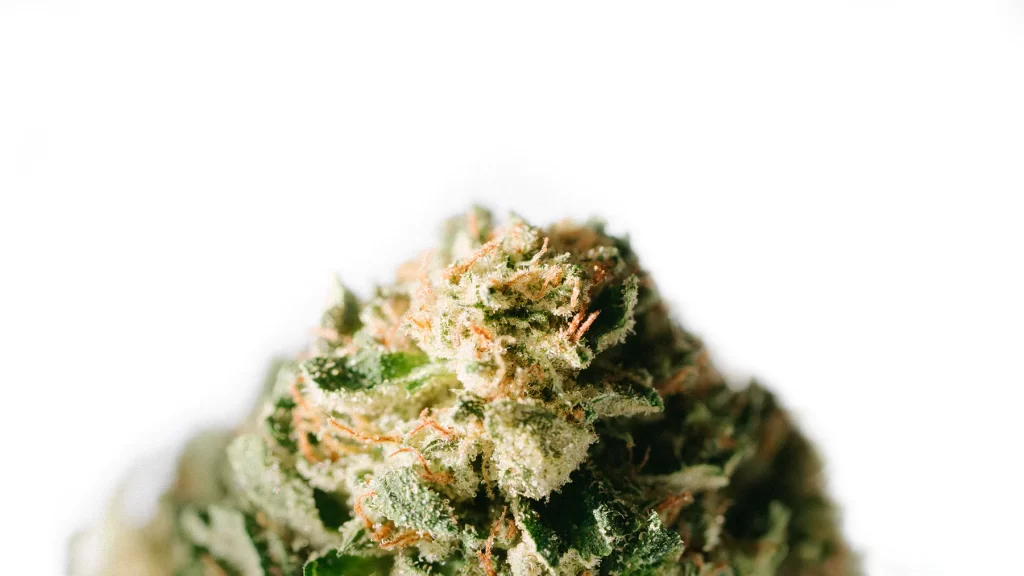In recent years, the legal landscape surrounding cannabis has evolved significantly, particularly concerning the status of high THCA tetrahydrocannabinolic acid flower. Understanding this aspect is crucial for consumers, growers, and legal professionals navigating the complex world of cannabis regulation. THCA is a non-psychoactive cannabinoid found in raw cannabis plants. It transforms into THC tetrahydrocannabinol when heated through a process called decarboxylation. This is the primary psychoactive compound responsible for the high associated with cannabis use. Due to its non-psychoactive nature, THCA has been the subject of legal scrutiny, as its regulation often hinges on its potential to convert into THC. In many jurisdictions, cannabis laws are designed around THC content. For example, in the United States, federal law classifies cannabis with more than 0.3% THC by dry weight as illegal under the Controlled Substances Act.

However, since THCA itself does not produce psychoactive effects, high THCA flower might not be classified under the same legal restrictions as high-THC cannabis products. The legal status of high THCA flower varies significantly from state to state. In some states, THCA-rich cannabis is legally permitted under specific conditions, such as for medical use or within state-regulated adult-use programs. These states often allow high THCA flower if it is explicitly intended for medicinal purposes or has been tested and certified to remain below a certain THC threshold. For example, medical marijuana programs might permit high THCA flower as long as the final product’s THC content does not exceed state-mandated limits. On the other hand, in states with more stringent cannabis regulations, high THCA flower could be considered illegal if it is interpreted as having the potential to be processed into high-THC products. This means that while the flower itself might not be psychoactive, its potential to be converted into THC could place it under legal scrutiny.
Additionally, the evolving nature of cannabis laws means that the legal status of high THCA flower is subject to change. Legal definitions and thresholds can shift as new regulations are enacted and as more research into cannabinoids like THCA emerges. Therefore, staying informed about the latest legal updates and regulations in your jurisdiction is essential for compliance and informed decision-making. For those involved in the cultivation or sale of high THCA flower, buy thca flower online it is crucial to ensure that all products meet local legal standards and are properly labeled. Accurate testing and transparent reporting of cannabinoid content can help in maintaining compliance with regulatory requirements and avoiding legal issues. the legal status of high THCA flower is a nuanced issue that depends largely on local regulations and interpretations of cannabis law. While THCA itself does not produce psychoactive effects, its potential to be converted into THC can impact its legal classification. Keeping abreast of legal changes and understanding the specific regulations in your area is key to navigating this complex landscape.
